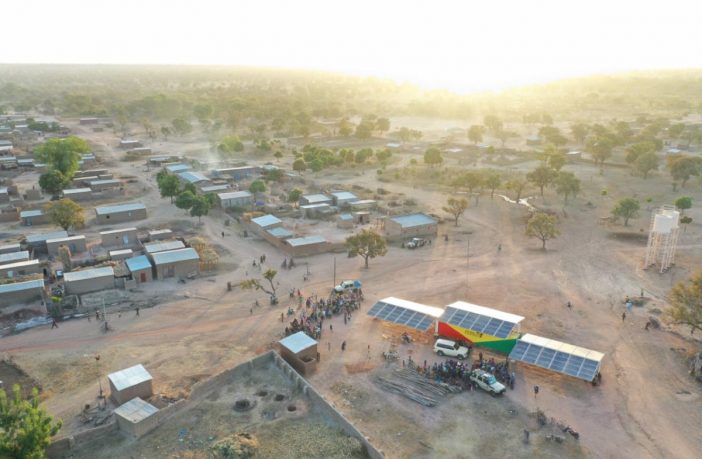The Senegalese Ministry of Energy has introduced a VAT exemption for PV products when connected to an off-grid project. The new measure was promulgated on July 23 and is now in force.
The Senegalese government has published a list of the 22 renewable energy companies that will be entitled to benefit from the new provisions, some of which are currently working with authorities to power up rural and marginalized areas in the country.
The exempted products include solar panels, inverters, solar thermal collectors, batteries, solar lamp kits, solar water heaters, and charge regulators. Packages comprising a battery, solar panel, and a lantern or a solar panel, a water pump, and controller are also included among the VAT-exempted products.
According to GOGLA, the global association for the off-grid solar energy industry, the value added tax (VAT) is charged at 18 percent for all off-grid solar products. “The new measure will help businesses reach those most-in-need of electricity access, leading to more empowered consumers and more resilient communities,” said GOGLA’s regional representative, Namory Doumbia.
By reducing the acquisition costs of all renewable energy production equipment by 18 percent, the Senegalese government aims to boost the rate of access to renewable energy in its rural areas. This is part of the broader campaign that the government is currently running to achieve universal electricity access in the country by 2025.
According to the latest statistics from the International Renewable Energy Agency, Senegal had an installed PV capacity of 134 MW at the end of 2019. Most of this capacity comes from large-scale PV, but several off-grid projects were also built in the country over the past years
Author: Cosmas Mwirigi
This article was originally published in pv magazine and is republished with permission.















